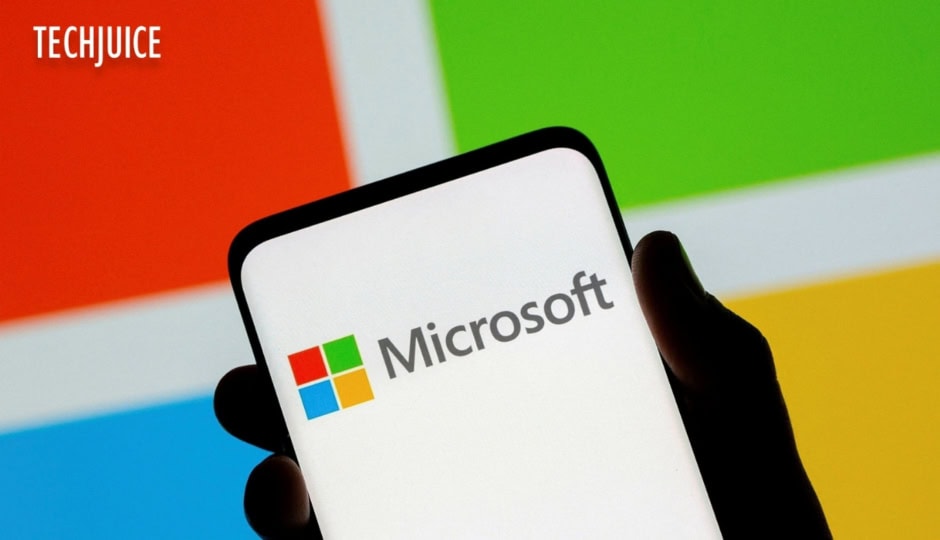Microsoft has released new research spotlighting a major weakness in today’s most advanced AI coding tools. Despite rapid adoption, these models still fall short when it comes to debugging software at the level of experienced human developers.
In a comprehensive study conducted by Microsoft Research, nine cutting-edge AI models, including Anthropic’s Claude 3.7 Sonnet and OpenAI’s o3-mini, were evaluated using SWE-bench Lite, a benchmark consisting of 300 curated debugging tasks designed to simulate real-world software issues.
The findings were sobering. Even with access to standard tools like Python debuggers and structured within a “single prompt-based agent” system, no model consistently solved more than half the tasks. The top-performing model according to this study was Claude 3.7 Sonnet because it reached a 48.4% success rate, while OpenAI’s o1 model achieved 30.2% success, lagging behind at 22.1% with o3-mini.
Numerous models showed poor performance in applying debugging tools and selected incorrect tools for specific debugging tasks in the study. Research findings highlight a fundamental flaw in current approaches because developers lack training data that shows the step-by-step process of bug resolution. The sequential debugging steps represented by “trajectory data” remain absent in current model training data collections.
“We strongly believe that training or fine-tuning [models] can make them better interactive debuggers,” the researchers wrote. “However, this will require specialized data… for example, trajectory data that records agents interacting with a debugger to collect necessary information before suggesting a bug fix.”
The study arrives amid growing hype over AI’s role in software development. Tech giants like Google and Meta have invested heavily in AI-assisted coding. During recent company announcements, Google CEO Sundar Pichai stated that AI-generated code now comprises 25% of Google’s new programming output, and Meta CEO Mark Zuckerberg plans to expand AI code development tools throughout Meta.
Research from Microsoft delivers important information about current technical limitations in the field. The ability of AI systems to produce boilerplate code and generate suggestions stands strong, but software engineers face tremendous difficulty with debugging, the most vital but complicated aspect in software development.
The study results parallel previous evaluation findings. The recently evaluated AI coding assistant Devin succeeded in completing only 3 out of the 20 programming tasks that formed the benchmark.
Despite the enthusiasm surrounding AI coding tools, many industry leaders remain cautious about claims that AI could replace developers anytime soon. Microsoft co-founder Bill Gates, Replit CEO Amjad Masad, IBM CEO Arvind Krishna, and Okta CEO Todd McKinnon have all emphasized the enduring importance of human expertise in software development.

 3 min read
3 min read


















